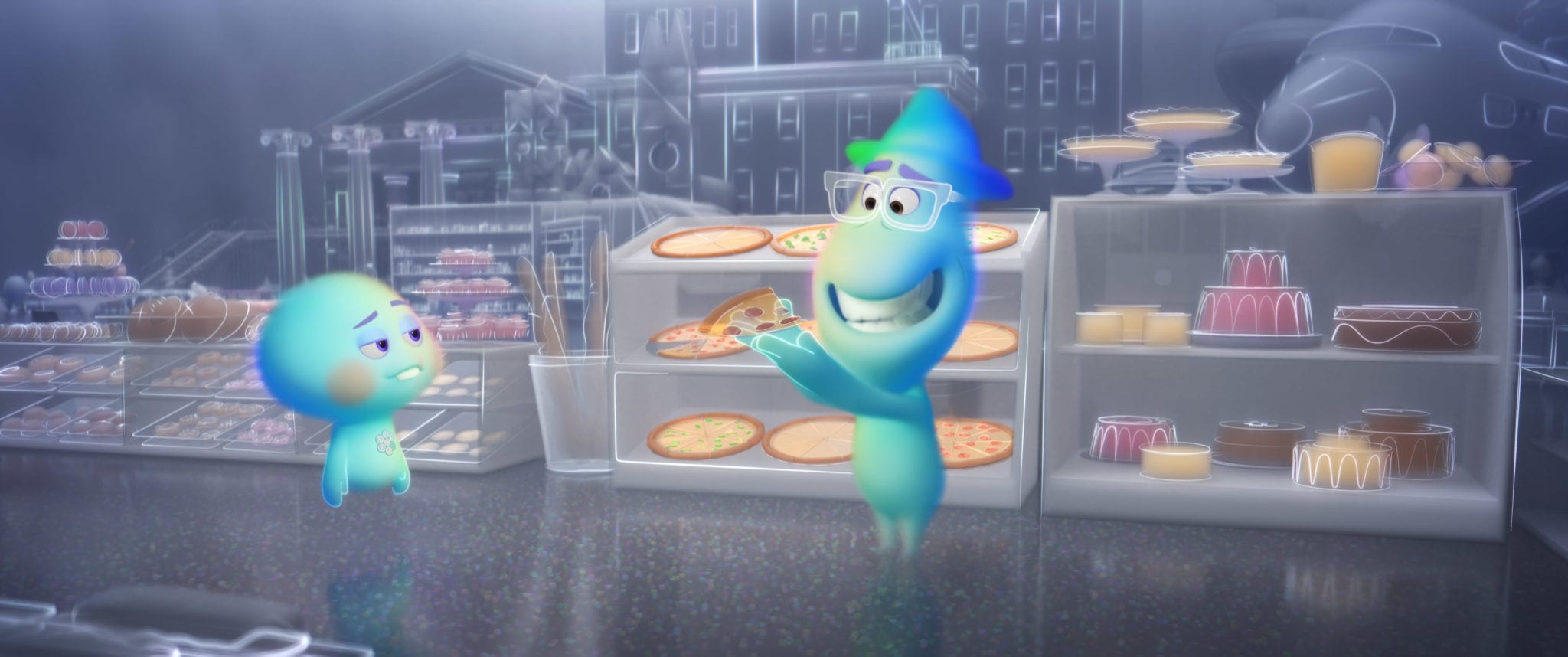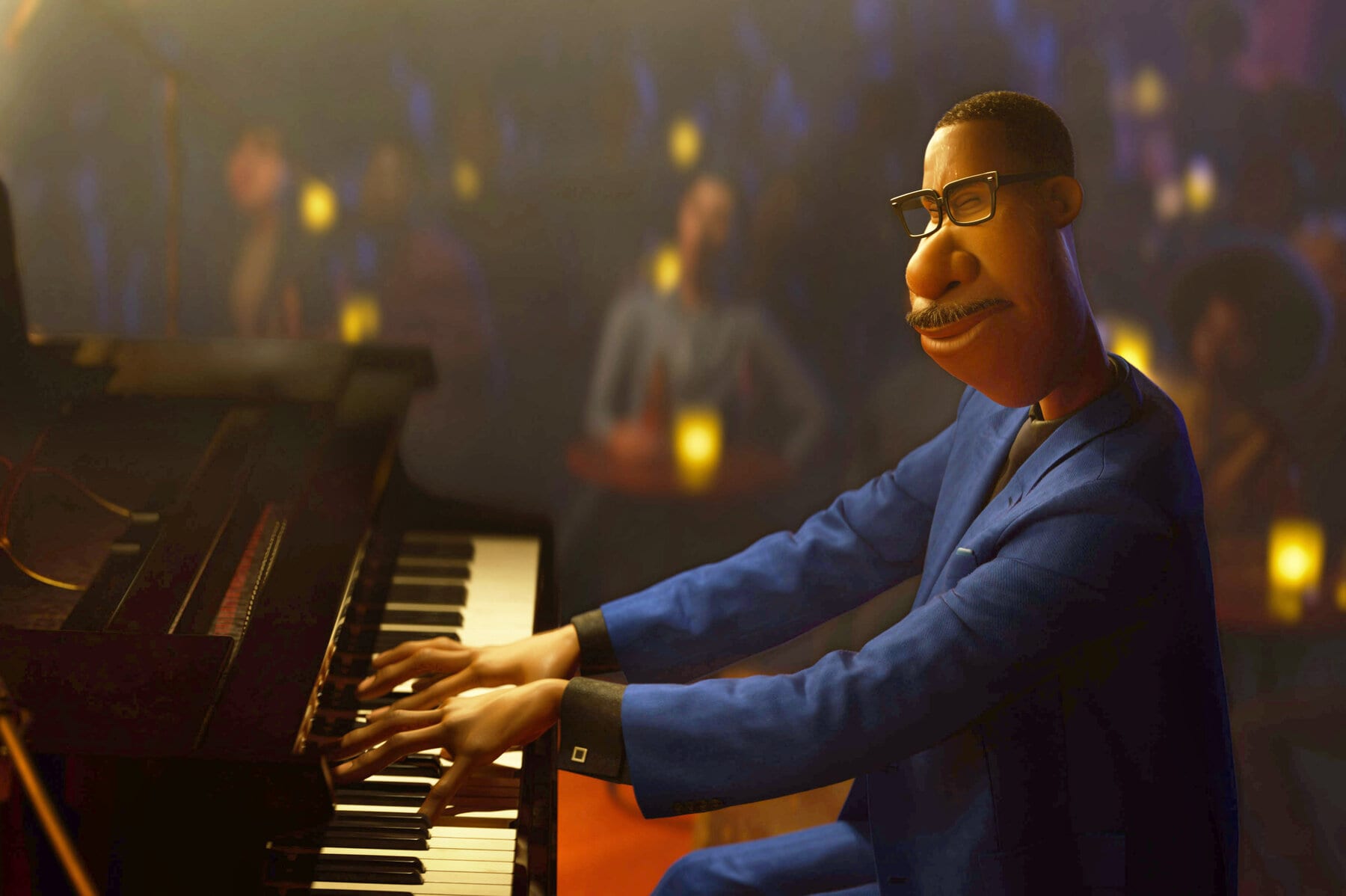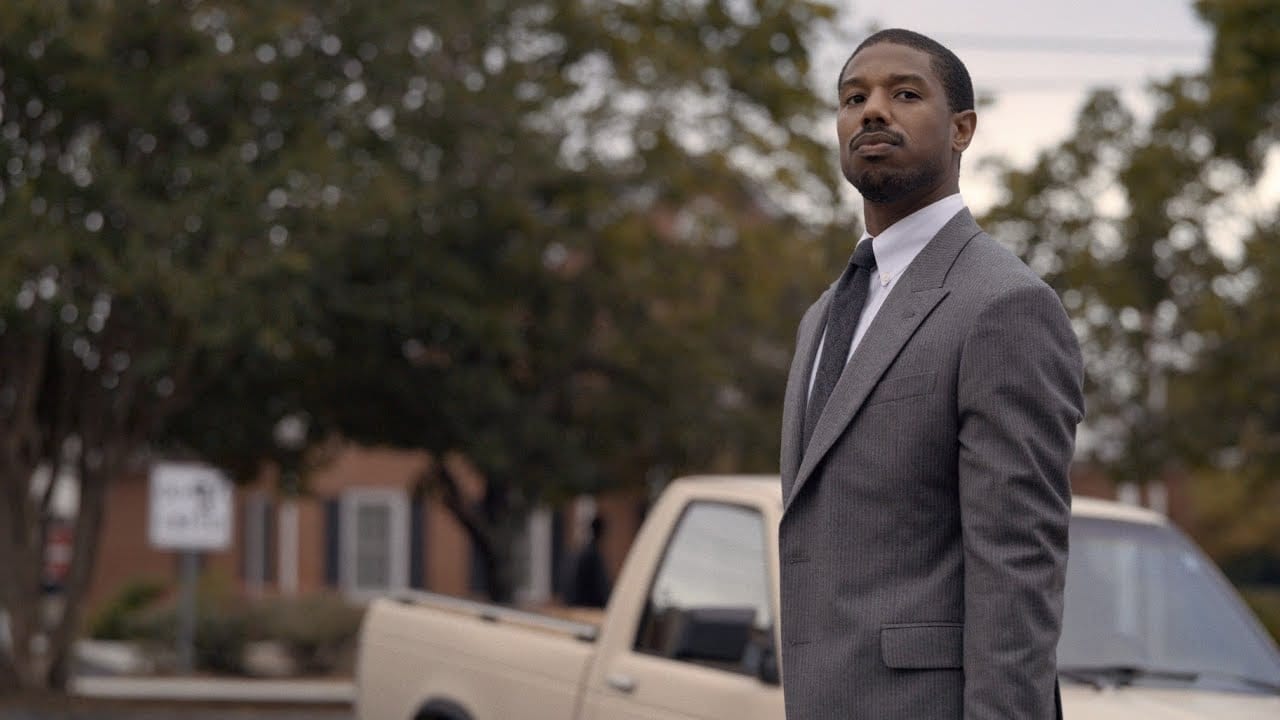
TIFF ’23: The Burial
The unlikely pair of Willie Gary (Jamie Foxx) and Jeremiah O’Keefe (Tommy Lee Jones) come together in this courtroom drama/comedy to battle corporate greed. Jeremiah, a self-made family man, owns eight funeral homes and a burial insurance company in Biloxi, Mississippi. When business isn’t doing so well, he decides to sell a portion of his business…







